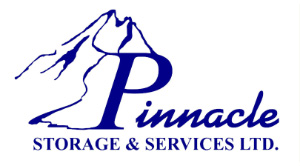A little planning and research can save a significant amount of energy and reduce the risk of product loss. If you are adding a cold storage facility into your daily operations, explore these 5 considerations.
1. Refrigeration Types
Vapor absorption systems are great for warehouses that have access to waste heat, because it can be harnessed as energy to power the freezer or refrigeration unit.
Vapor compression systems, on the other hand, depend on the energy sources that are available and the costs of those sources. Outside of a storage facility, compression systems are almost always the most favorable option.
2. Temperatures
The temperature of your goods will depend directly on the type of product and length of time it will be stored. Most cold storage facilities classify temperature requirements into three categories:
- Living food e.g. vegetables and fruit
- Non-living food that has been processed e.g. fish and meat
- Items that benefits from controlled temperatures e.g. tobacco and beer
3. Insulation
Every 10-degrees raise in temperature increases the chemical reaction rate in products. The key to preventing disease and slowing the aging process in food is well-insulated cold storage. Breaks in insulation or lack thereof, allows heat to enter more easily, decreasing the life of the products and using more energy. Look for storage facilities that provide strong, heat resistant seals in their cold storage units.
4. Location
In order to decrease transit time, your cold storage facility should be well aligned between your growing area and the market. Easy access for heavy transport vehicles is a must, and the facility must have uninterrupted access to power supply, which is critical to keeping products cool.
5. Cold Storage Standards
Most laws, both local and state regulate the cold storage industry. At a minimum your products should meet the guidelines set forth by your local legislation and abide by any state and federally moderated storage laws of safe food consumption.

